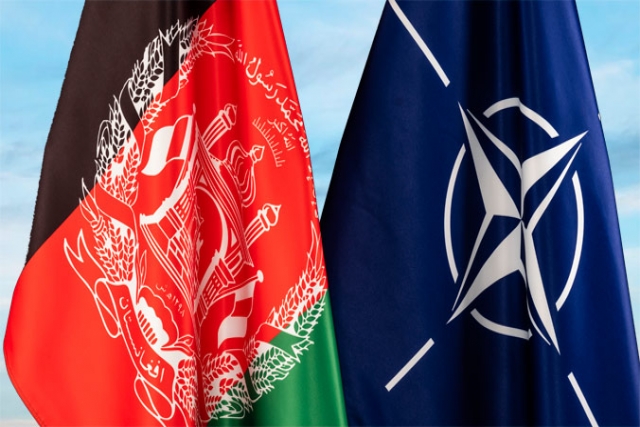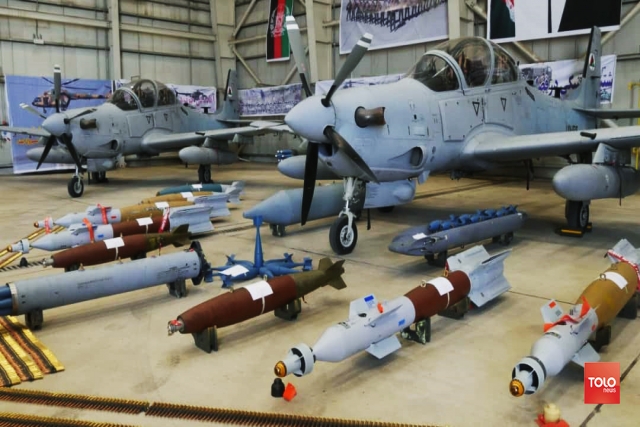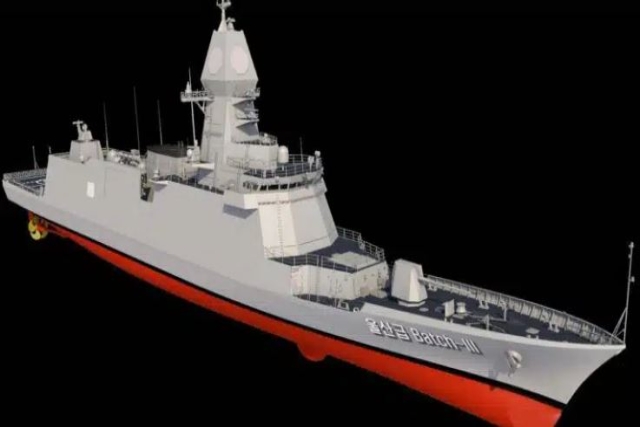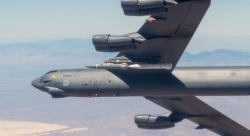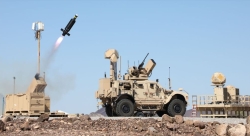U.S. Considering Special Immigrant Visas for Afghans who Helped its Forces
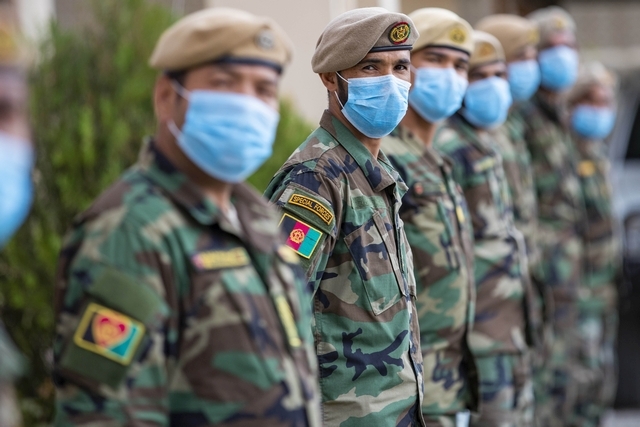
The Pentagon is working with the State Department to look at programs, including the Special Immigrant Visa Program, to bring partners in Afghanistan to America, who helped U.S. forces and its allies during its 20 year war in Afghanistan.
The U.S. military is currently withdrawing from Afghanistan. U.S. military personnel there now will come home, and equipment in the country will also be shipped back, sold, destroyed or moved elsewhere. The deadline for withdrawal is Sept. 11, 2021.
As U.S. soldiers leave the country, many Afghans who provided support to the U.S. and its allies will remain behind. They and their families may face the threat of retribution for having provided support to the Americans. The Defense Department believes it's important those individuals and their families are taken care of, a Pentagon release said quoting from a Senate Armed Services Committee hearing Thrusday.
Following the U.S. withdrawal, any number of possibilities might arise, including a takeover of the country by the Taliban — or a defeat of the Taliban by the Afghan National Defense and Security Forces, the release said.
"We have a moral obligation to help those that have helped us over the past 20 years of our presence and work in Afghanistan," David Helvey, the acting assistant secretary of defense for Indo-Pacific security affairs, said during a hearing Thursday before the Senate Armed Services Committee.
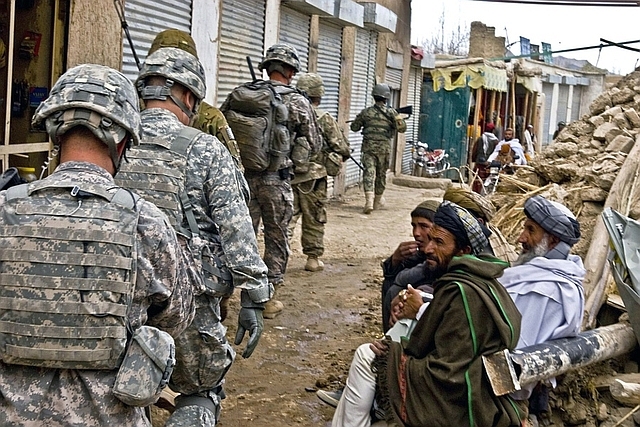
"We'd like to be able to work with Congress to be able to increase the quotas and the resources for special immigrant visas," Helvey said. "But there are certain categories of our Afghan partners that wouldn't meet the thresholds for special immigrant visas, so we need to look at other tools and other mechanisms to help those that have helped us."
Two other options, he said, might include humanitarian or significant public benefit parole, which U.S. Citizenship and Immigration Services can use to let some classes of individuals who are currently outside the United States into the country."We are working within the interagency to be able to identify those and get the proper resources attached to them," Helvey said.
"With respect to Special Immigrant Visas, we're working very closely with the State Department to identify and provide data that can help to provide the identification and the identities of those employees of the Department of Defense that would qualify. We're also looking at biometric data which can also help to provide information and insight on who may qualify for that type of benefit."
The U.S. entered Afghanistan in October 2001, following the Sept. 11, 2001 terrorist attacks on the U.S., as part of Operation Enduring Freedom. OEF shut down in 2014, but some U.S. forces stayed on after. Helvey said he believes the U.S. accomplished what it set out to do in Afghanistan.
"It was a counterterrorism mission," Helvey said. "That's why we authorized forces to go there ... it has largely succeeded. We brought the perpetrators of the 9/11 attacks to justice. And we have significantly reduced the threat of international terrorists emanating from Afghanistan."
